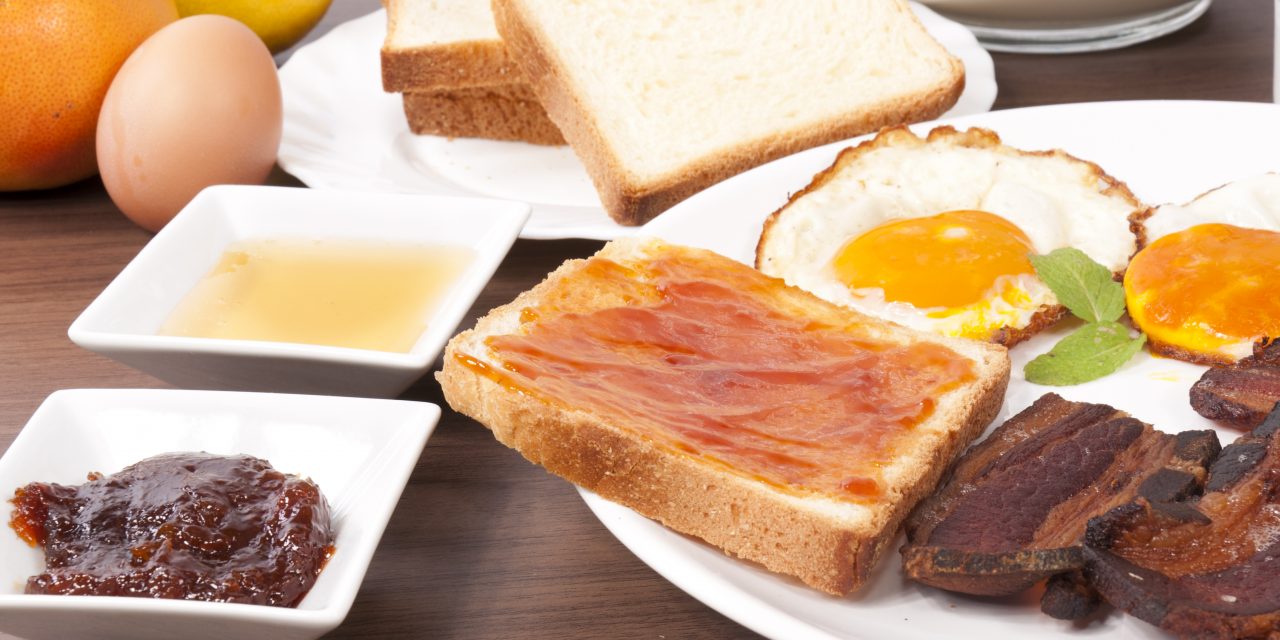
Cholesterol

Cholesterol – Your Body is Responding to Input
Part of the story is missing. Billions of dollars have been spent marketing cholesterol, HDL, and LDL as the cause of cardiovascular disease. The research is quite compelling, and it is easy to get caught up in the statistics that link high cholesterol to atherosclerotic disease, stroke, and hypertension. There is another side to the cholesterol story. There are over 100 genes that control the absorption, transport, and metabolism of cholesterol.
Cholesterol is actually a hero in many cases.
- Saturated Fat: We have known for quite some time that diets high in saturated fat do not inherently cause an increase in total cholesterol levels or heart disease. Several studies over the years have shown this to be true. (4) SO what foods DO increase cholesterol production? The answer is actually none, directly. Basic physiology reminds us that as the intake of cholesterol rises, endogenous production decreases. Our body makes about 1gram per day. We eat about 300 mg. If we start eating more cholesterol, our body will respond by decreasing the total amount made in a day or by increasing the amount of bile produced, since this is the primary cholesterol elimination system. This is the body’s wisdom to make more bile to break down the increase in fat/cholesterol consumption.
- Cell membranes: Cholesterol provides rigidity of the phospholipid bilayer of cell membranes. It also allows communication between the cells, increases permeability to hydrogen and sodium ions and can interrupt normal fatty acid adhesion. Because it is a building block, cholesterol is mobilized from the liver when the immune system is called upon for repair. Cholesterol increases in response to inflammation; it is NOT the cause of inflammation. (3) However, too much membrane cholesterol in lymphocytes may bias the immune system toward a TH-1(autoimmune) response. Balance is the key.
- Vitamin D production: A small shift and cholesterol become cholecalciferol when the skin is exposed to summer sun. In the liver, cholecalciferol is converted to calcidiol and then in the kidneys to calcitriol. Calcitriol is the active form and is responsible for calcium and phosphate metabolism, as well as neuromuscular functions and immune health.
- Sterol Hormones: Estrogen, Progesterone, Testosterone, and Corticosteroids are produced from cholesterol. As the need for those hormones diminishes, the total cholesterol may rise, but not because there is an issue, but it is a resource that the body is no longer using in the same quantities. Stress may cause an increase in cholesterol as cortisol is being made in greater quantities; it is the body’s response to the need for more resources.
- Longevity: The University of Oklahoma Lipid Research Clinics Program followed 2,753 men and 2,476 women between the ages of 40 and 79 for an average of 8.4 years. Men whose baseline cholesterol readings were 187 mg/dL or less were found to be over five times more likely to die from colon cancer than those whose levels were above 187 mg/dL and nearly five times more likely to die from colon cancer if their baseline LDL (the so-called “bad”) cholesterol levels were less than 120 mg/dL. The low cholesterol group was also found to be more likely to die from smoking-related cancers. Subsequent studies have found that tumors most likely to be associated with low cholesterol levels are colon and lung cancer in men, cervical and breast cancer in women, and leukemia in both men and women. Low cholesterol levels appear to increase the risk of cancer in men by 30 percent and by 10 percent in women. (5)
- Vitamin absorption: Fat-soluble vitamins, A, D, E, and K, require bile acids from cholesterol to be absorbed.
- Brain impulses: The brain accounts for 25% of the total cholesterol in our body, even though it only accounts for 2% of our total body mass. Appropriate amounts of cholesterol are necessary for the proper functioning of the myelin sheath. Nerve conduction in memory and focus are disrupted when the sheath is disrupted, particularly at the synapse. (Because cholesterol is synthesized in the brain, statins may affect this process. Clearly, this may cause lower cholesterol in an area that is critical for memory and learning. ( 1,2) Serotonin is a cholesterol-dependent neurotransmitter. Lower levels of cholesterol lead to a decrease in membrane serotonin receptors, manifesting as disturbances in mood, impulse behavior and the ability to think and reason clearly.
Conclusion
Cholesterol doesn’t have to be evil. It is important to remember the positive functions of cholesterol as our patient population is marketed to believe that lower is better. Remember the clinical implications of low cholesterol when taking a history if the patient is on statins. Many of these functions will be impaired, showing up as signs and symptoms that may resemble other issues. Confer with their PCP to get them off the statins and onto a Modified Mediterranean/Paleo-like diet to attain the healthy cholesterol levels, while not jeopardizing the reason for cholesterol’s existence for structure and function.
As always I am available for questions, comments or concerns. My email is RestorCEO@gmail.com.


















